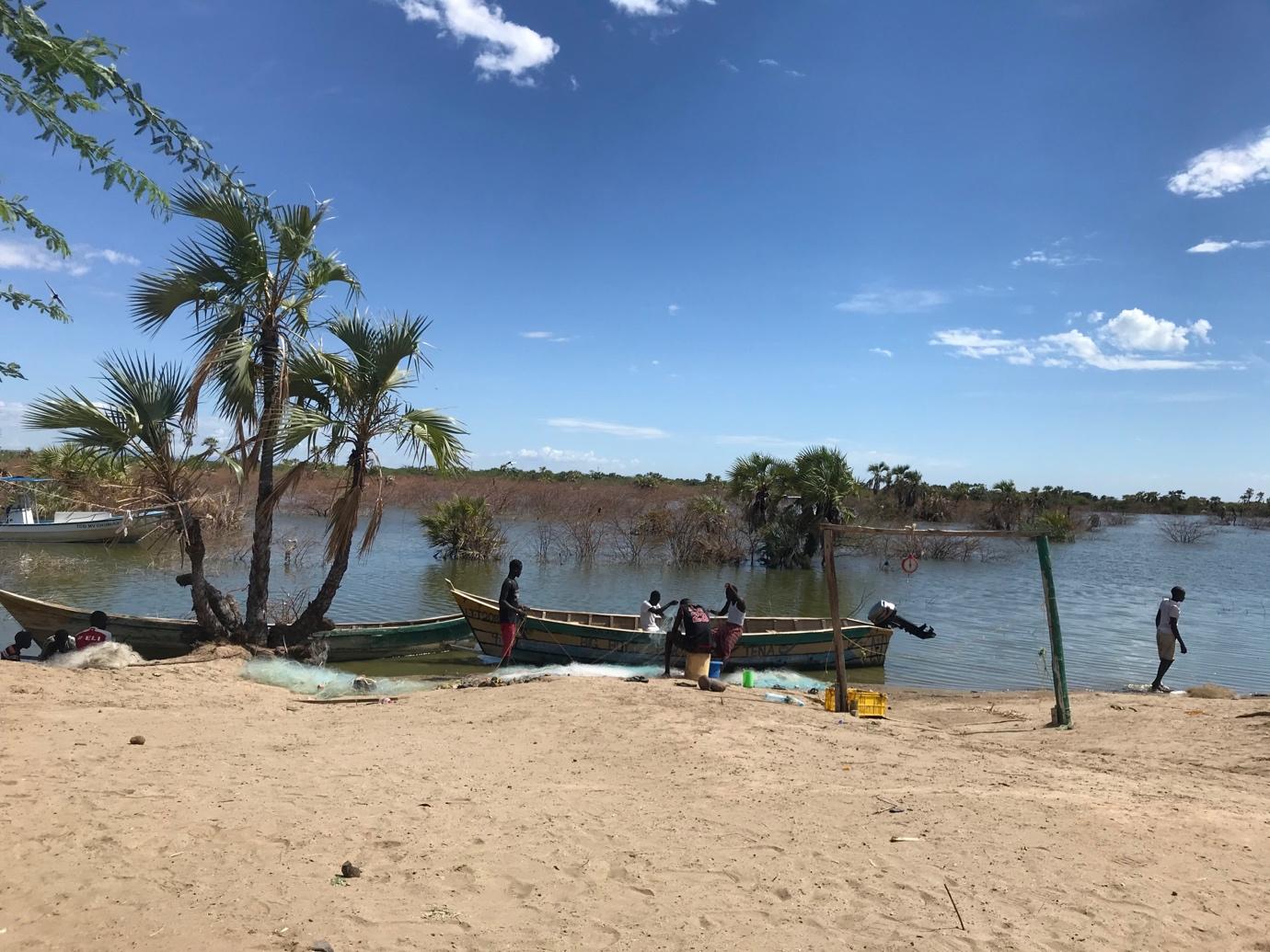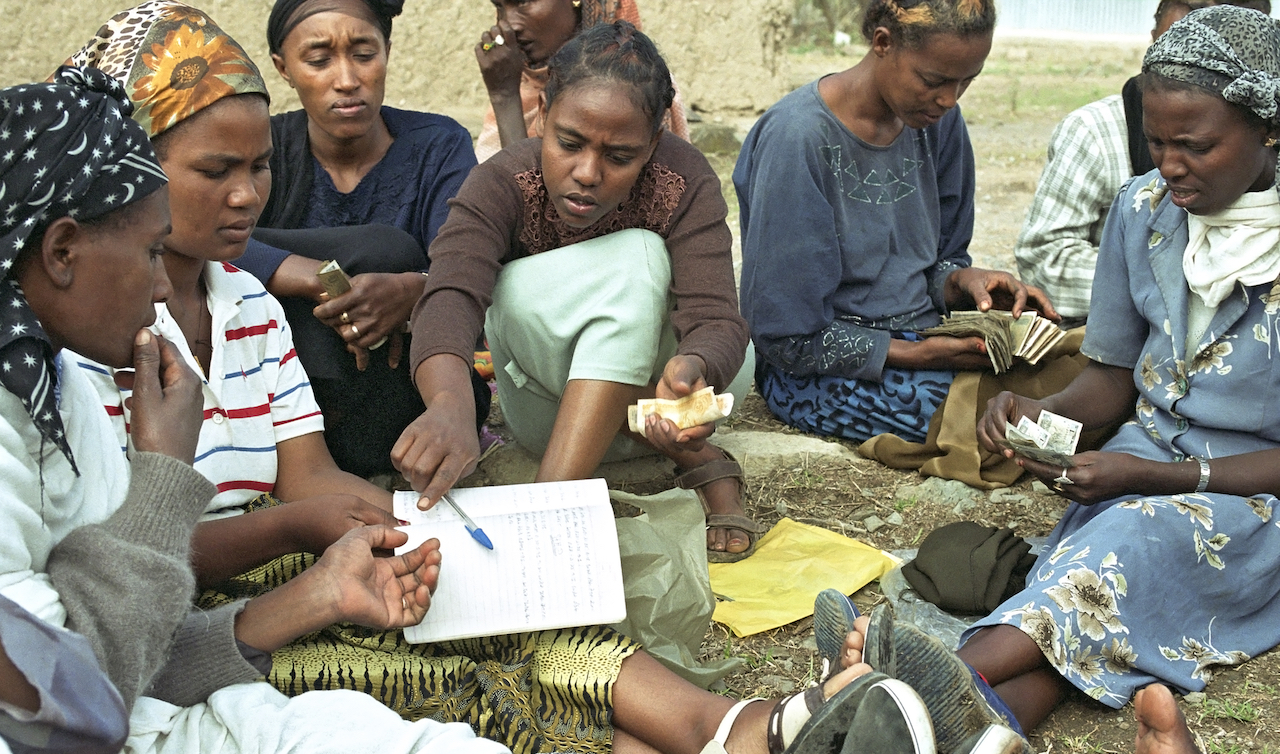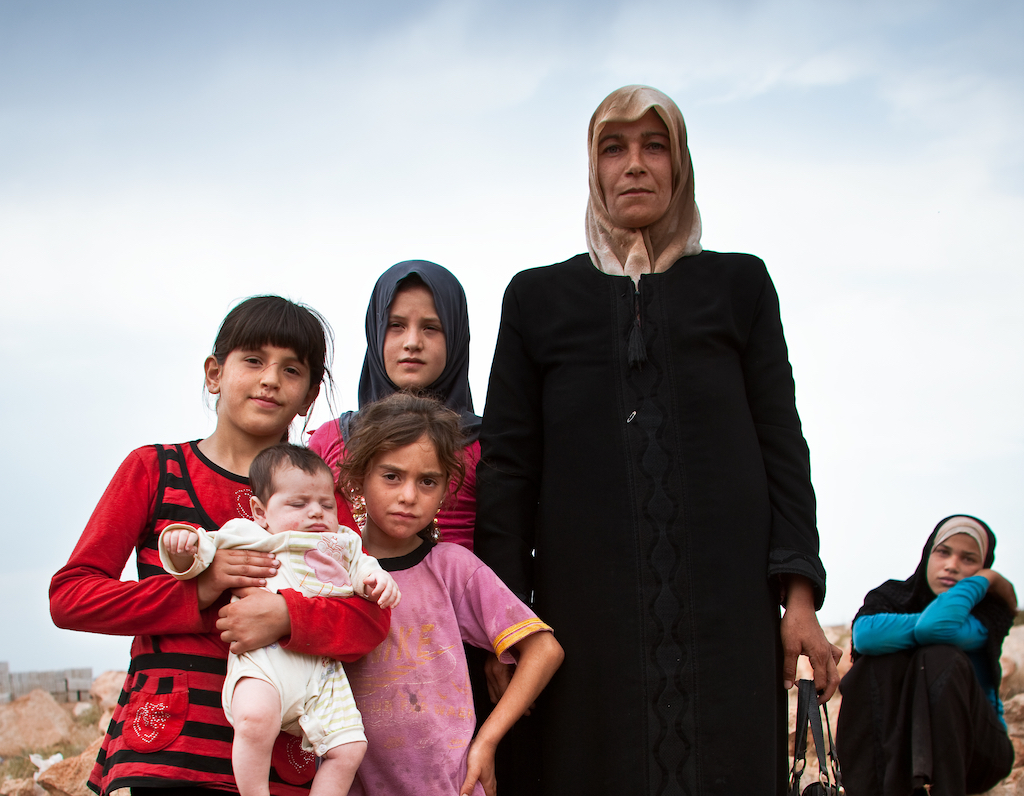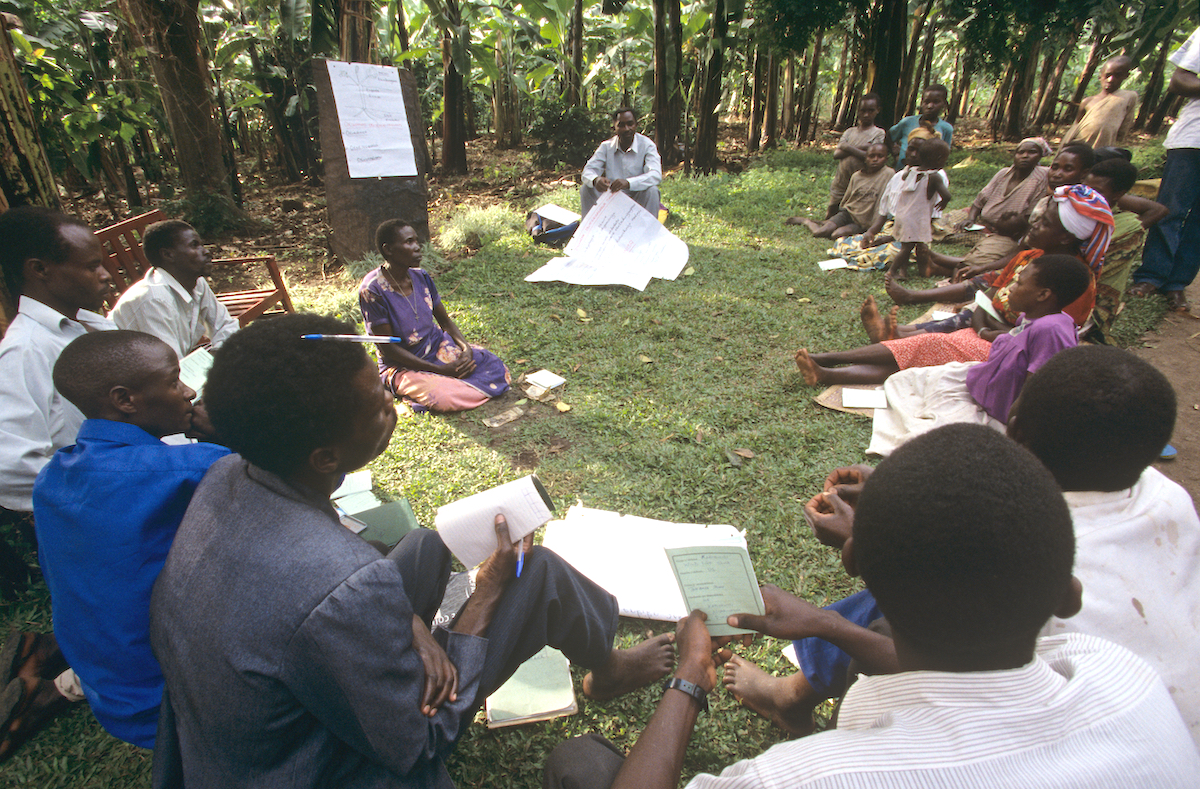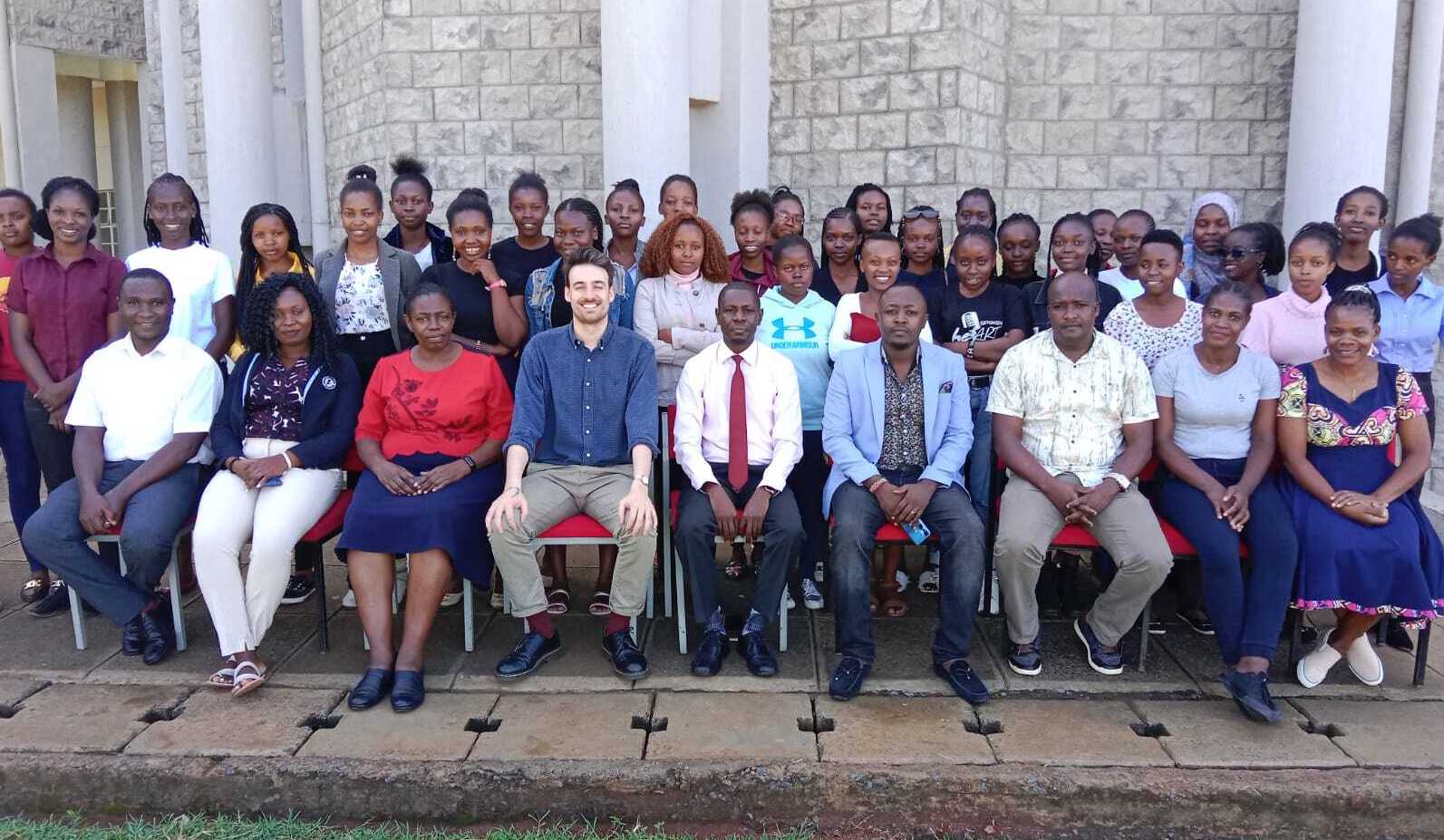Introducing Bodhi Global Analysis -- informing policy through research rigour
Sadhvi Sharma and Anna Strachan
July 30th 2017
4 minute read.
‘Stop trying to save the world’ said a scathing and insightful piece in the New Republic written three years ago by a former international development worker, on the failures of international development. Hobbes laments that ‘donors, governments, the public, the media, aid recipients themselves—they all contribute to the dysfunction’. He is not alone; many of us who are familiar with international development programmes can relate to Hobbes’ frustrations.
In the past few years many others have voiced similar opinions and concerns. Where millions in many western developed countries came out to partake in one of the biggest celebrity backed “make poverty history” campaign a decade ago, the public mood is now more sceptical, questioning the point of development aid and the inefficiency of many donor and NGOs programmes. Perhaps that was the problem; that admirable rhetoric of “making poverty history”, which is so often disconnected from realities on the ground.
International development theories have shifted and evolved over six long decades from the basic-needs approach popularised in the 1970s to rights-based development advocated by Amartya Sen in his book. In practice, development projects focussed on implementing top-down agendas and priorities. For example Hobbes in the article above talks of the idea of PlayPumps — the brainwave of an NGO that proposed to harness clean water in sub-Saharan Africa by getting children to spin around this big colour wheel installed in villages. The project caught the imagination of donors, media and celebrities only for a UNICEF report to find two years in that these pumps were left abandoned, rusting and broken, and some accusations of child labour. Our own experiences of speaking to people in India, Ghana or Thailand reveal similar stories — of slum-dwellers raging against training programmes in hygiene when they did not have access to running water or sanitation facilities or gender-sensitisation training for communities when they would prefer jobs, toilets or healthcare.
Two ingredients have been missing for long — a political context and research objectivity. Unfortunately the need to ‘do something’ sometimes overlooks or disregards both. Our starting point should be not what we would like to see but what already exists. What are the most pressing problems in a particular community, area or sector? What is their relationship to their own governments? What are the political and cultural norms, the historical context? Who are the different stakeholders and their respective roles? How does conflict or political volatility affect these roles? What are the constraints to governance? The list goes on… and increasingly, the value of sound political analysis and research is taking hold within development circles.
There is a greater acknowledgement among donors and policymakers of the need for objective dispassionate research that goes beyond pushing agendas, ticking boxes or fitting within pre-conceived frameworks. The emphasis should be on trained professionals building knowledge, conducting fieldwork and creating a context in which opportunities and constraints play out.
Bodhi Global Analysis was born out of this recognition of the need for political context, and a commitment to objective knowledge. We had worked in international development research for a decade, living and working in different countries, speaking multiple languages and building networks on the ground. In pursuing a Phd we were trained in research practices, going through the rigour of objective analysis and intellectual integrity. We now want to build a new standard in international development research where our aim is to provide context through equitable analysis and an independent approach. We want to use sound methodology and intensive fieldwork to create a knowledge base of useful data, insights and perspectives. We hope that in providing this service we can inform best practice and approach to policy-making within international development.
